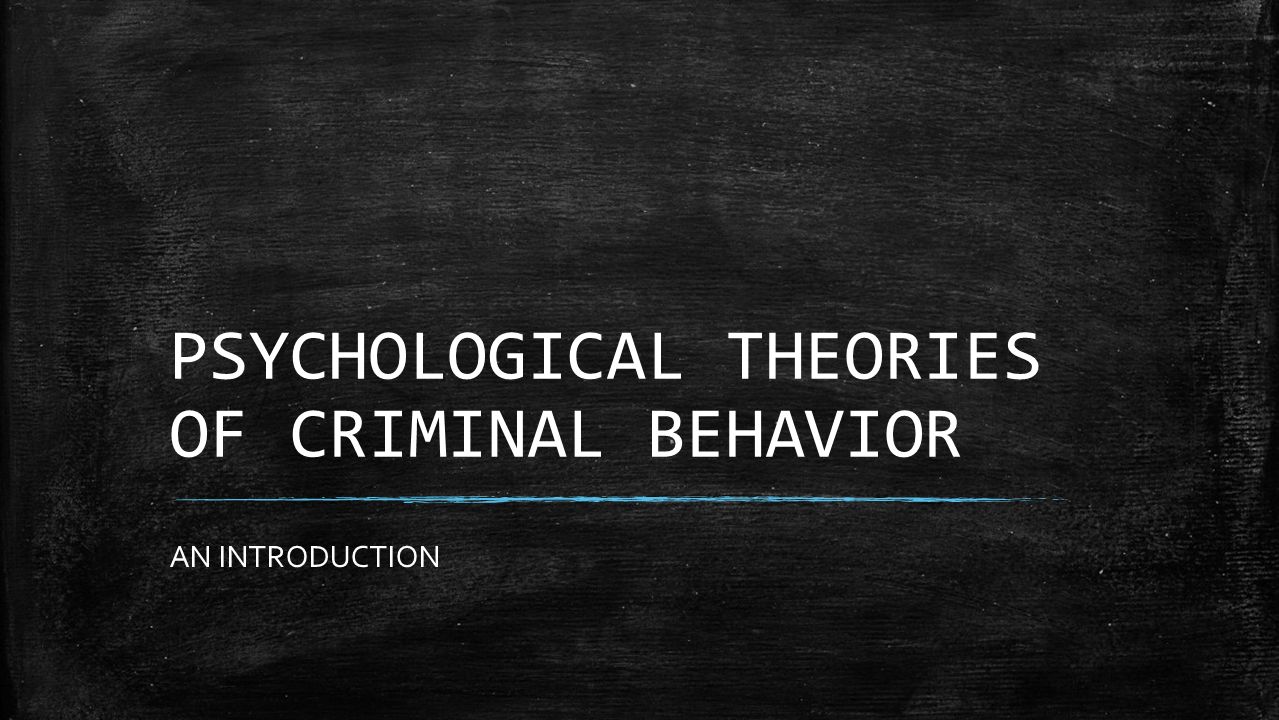Psychological theories of crime: criminal behavior
Jun 13, 2023
This paper discusses the psychological theories of crime and criminal behavior. It will look at various perspectives on this subject, including biological, environmental, social, and developmental.
The biological perspective suggests that genetic factors can influence a person's likelihood of committing a crime. Thus, some individuals may be genetically predisposed to criminal behavior due to their inherited traits or physical characteristics. This theory also looks at neural pathways in the brain that might lead to certain types of behaviors, such as violence or aggression.
The environmental perspective suggests that external factors such as poverty, family structure and environment can play an important role in influencing criminal behavior. Individuals living in poverty are more likely to have limited access to resources and support services which could increase their chances of engaging in criminal activities. Similarly, a family structure that is characterized by violence and aggression could act as an environmental stressor which could also lead to criminal behavior.

The social perspective of crime argues that factors such as peer influences and socio-cultural norms can shape criminal behavior. It suggests that individuals who are exposed to deviant peers or cultural norms that encourage crime may be more likely to engage in criminal activities than those who do not have these influences.
Finally, the developmental perspective examines how certain life experiences can affect an individual's likelihood of engaging in criminal behavior. This includes things like early childhood trauma, abuse, poverty, neglect, and other negative life events that can lead to feelings of anger or alienation which may then manifest into criminal behavior.
Overall, there are multiple factors that can influence an individual's likelihood of engaging in criminal behavior. It is important to consider the psychological theories of crime when looking at why some individuals may be more prone to committing a crime than others. With this knowledge, it is possible to develop better interventions and prevention programs which could help reduce overall rates of crime within society.
